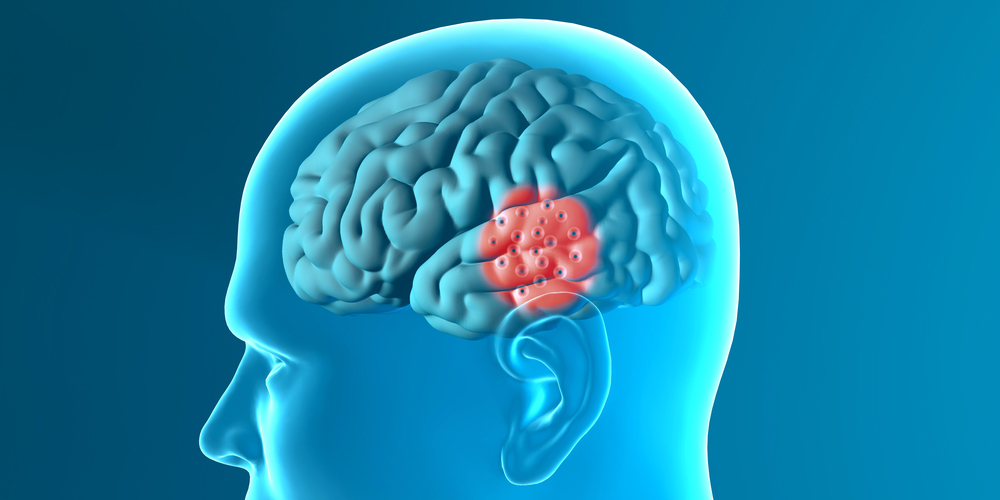The psychology of exercise: Why bouncing makes you feel so good.
Sep 14, 2015
3 mins
Have you ever wondered why you feel so energised after you've been jogging, lifting weights or jumping on your Vuly? It's not just because you were having a good time!
In a few of our previous posts, we've spoken about how exercising is fantastic for your physical health, but what does it do for your mental health? Whether you're an exercising novice or are a serious devotee, a daily workout elevates your mood and sharpens your mind. It's one of the best ways to maintain a positive and healthy brain.
Exercise psychology – The chemical reaction

We're often told that "exercise produces endorphins", but what exactly do these chemicals do? Endorphins reduce your sensation of pain, increase relaxation and boost your body’s immune system. This means that, as you work out, your mind enters a state where you can handle more stress than usual! No wonder we can often push ourselves beyond our imagined limits.
Exercising turns up your body's production of the hormones adrenaline and cortisol, which help to alleviate anxiety and tension. Conversely, it increases your body's levels of the 'happy hormone'—dopamine. This is one reason why we feel good after a workout, instead of drained and crabby.
Exercise psychology – The good side of stress

When you exercise, your body is actually placed under distress: your heart rate climbs, your blood pumps harder, your skin sweats and you breathe more rapidly. However, it's one stressful situation that you don't want to avoid. When you get used to the kind of stress that working out induces, your body and mind naturally become better equipped to deal with the more damaging, everyday stresses—like work.
People who push themselves during exercise often do so because of an encouraging voice in their head, which coaches them through those final moments of pain. Exercise self-affirmations like, "You’re almost there," and "Come on, you can do this," often transcend the workout, and become mantras in everyday lives. Body-pushing exercise makes you more resilient, and encourages a more positive outlook.
Exercise psychology – An energy booster… that helps you sleep?

Exercise kick-starts the neurons in your brain and your metabolism, keeping your mind and your body body firing all day long; a 30-60 minute workout in the morning provides the best energy-lifting results. This also allows sleep to come more easily, because you've harnessed your energy effectively during the day. Don't forget that exercising reduces your stress levels too; you should have fewer sleepless nights lying awake with anxiety!
Sleep is also vital because it's the time when your body to repairs itself after a big workout. Your brain knows this, and will prompt you to climb into bed earlier than you would if you hadn’t been active during the day.
Exercise psychology – A hit of confidence
Exercising is one of the most productive ways to increase your self-confidence. Let's put aside the obvious ways that it enhances your appearance for a minute! If you are achieving your fitness goals, you'll probably find that you respect yourself a lot more.
One of the most satisfying things in life is "doing what what they (or you) said you couldn't do". Busting your own pre-conceived ideas about yourself, or achieving something that others might have joked wasn't possible, alters your perception of yourself. Smashing your targets makes you feel like you could take on the world!
Do you feel as though you can do anything after you've had a serious exercise session? Have you noticed a difference in your attitude on during days when you've done a morning workout? Tell us your mental boosting regime so that we can try it out!

























































